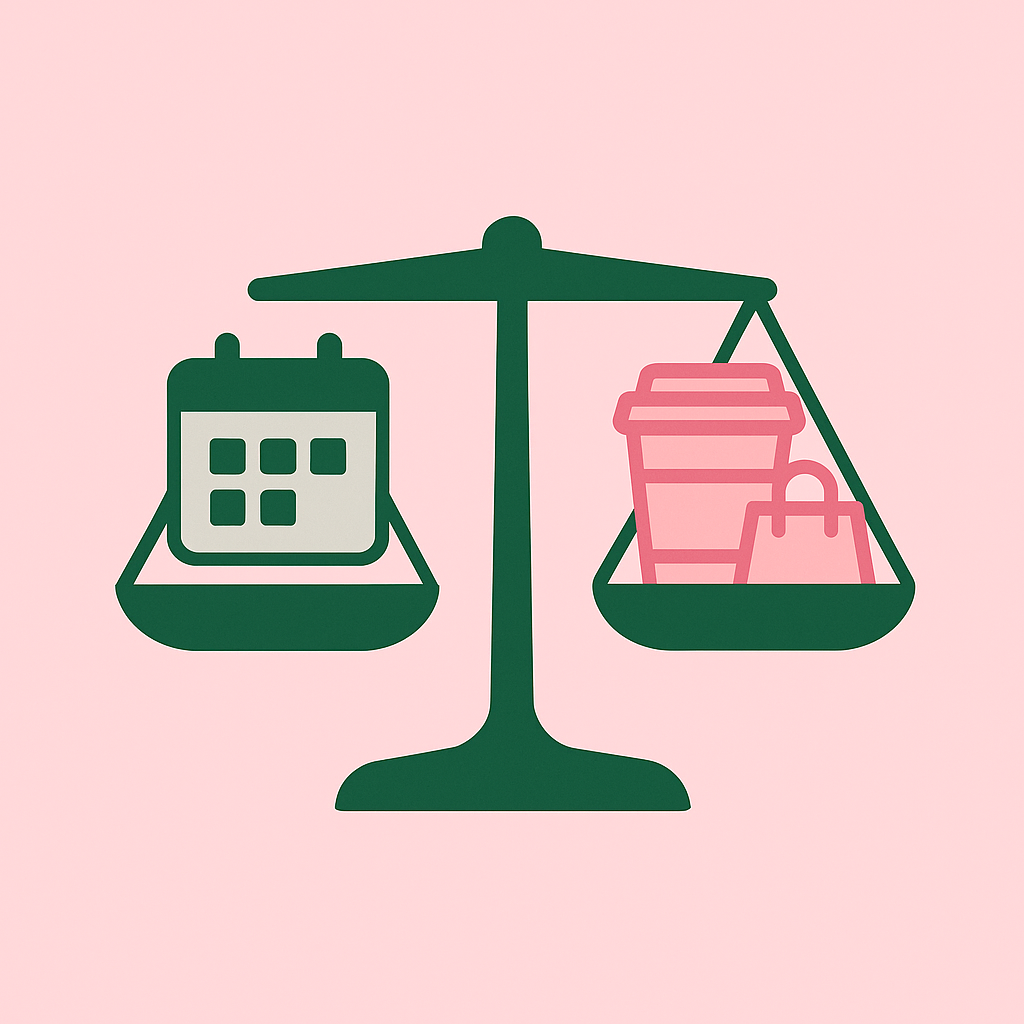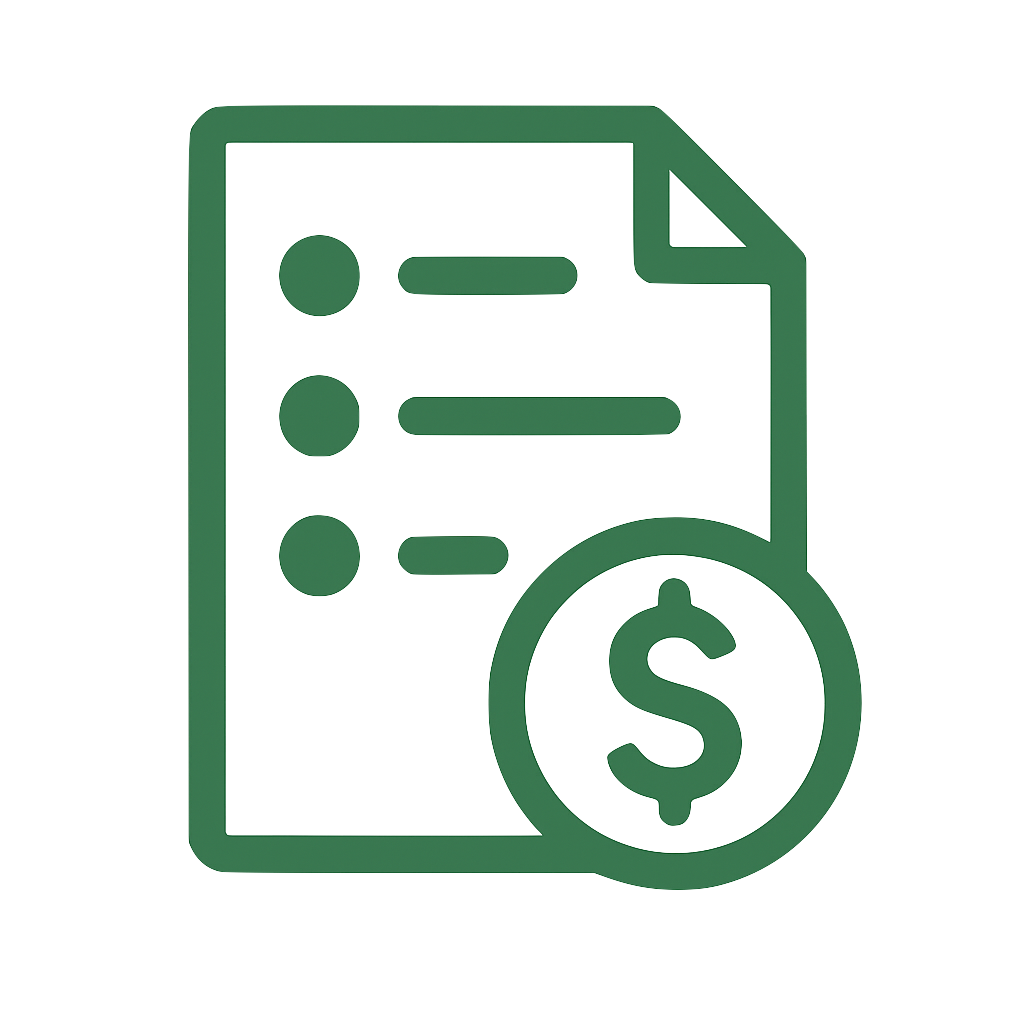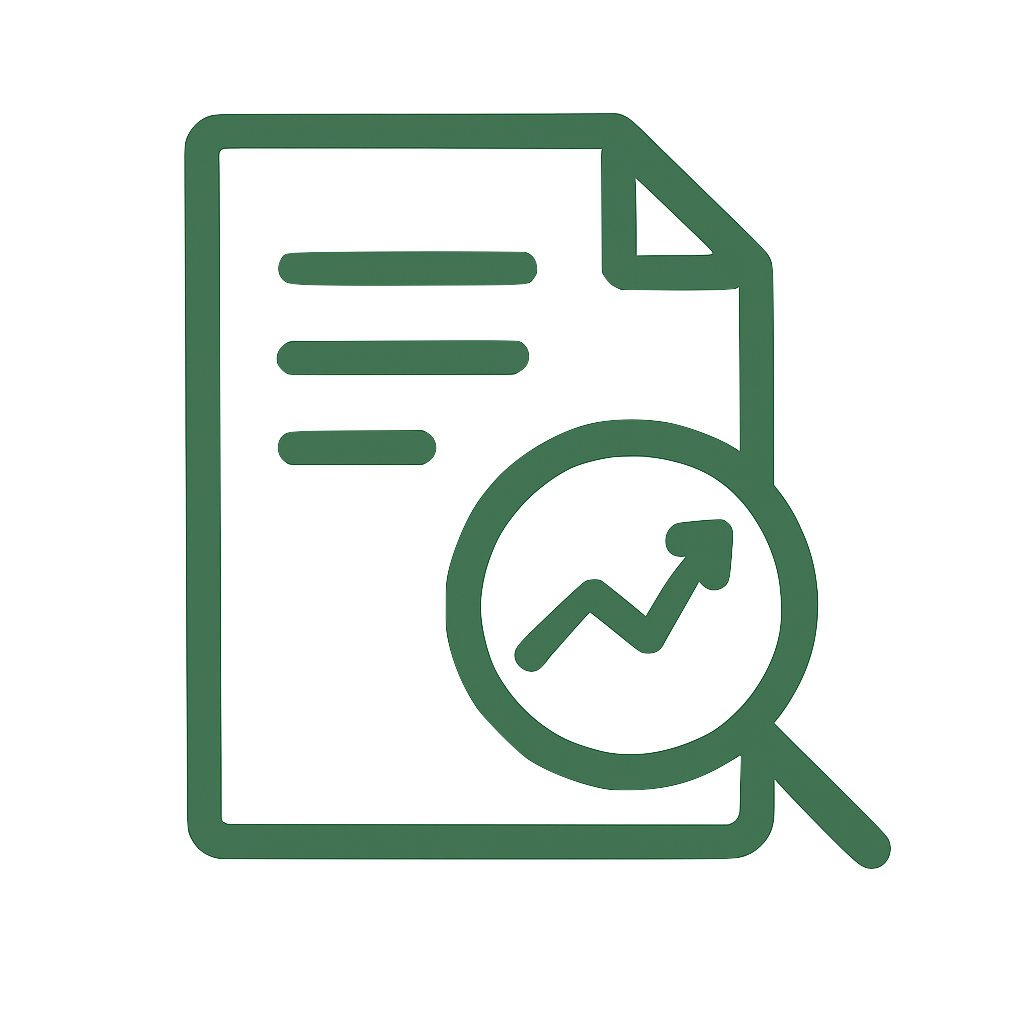Fixed
•
vs
•
Variable
•
Fixed • vs • Variable •
Fixed vs. Variable Expenses
When you're building a budget, it helps to think about your spending in two categories: fixed expenses and variable expenses. Fixed expenses stay steady, while variable ones shift from month to month. Understanding how these two types of costs work together is key to taking control of your money and making sure your spending matches your priorities. In this section, we'll break down what fixed and variable expenses mean and how to differentiate between them. Keeping track of these expenses will make budgeting feel simpler, less overwhelming, and more flexible to your lifestyle.

What Are Fixed Expenses?
Fixed expenses are the costs that stay the same each month. They're usually non-negotiable and repeat on a schedule. Think of them as your "must-pay" bills.
Examples of Fixed Expenses:
Rent or dorm fees (for when you are in college)
Cell phone plan
Streaming subscriptions (like Netflix or Spotify Premium)
Insurance payments (car, health, renter's)
Because these amounts generally will always stay the same, fixed expenses are the foundation of your budget. You can plan for them in advance and make sure they're covered first.
What Are Variable Expenses?
It sounds obvious, but variable expenses vary! They are the costs that change depending on your choices or circumstances. Sometimes your variable expenses may be higher, and at other times lower. Unlike fixed costs, you usually have more flexibility in how much you spend
Examples of Variable Expenses:
Food (groceries, takeout, late-night snacks)
Transportation (gas, subway fares, Uber rides)
Clothing and shopping
Entertainment (concert tickets, movies, going out)
Personal care (salon visits, skincare products)
These are the areas where you can cut back if you need extra savings or shift money toward other goals

Tips for managing fixed and variable expenses:
Start with what is unchanging:
Since your fixed expenses will likely need to be paid for no matter what, start every budget by writing these down so you know how much of your money is already going towards something. This helps you see what's left over for savings, fun, or unexpected costs.
Watch what varies:
Just because an expense may vary, doesn’t mean you should ignore it! Variable expenses can sneak up on you - like snacks, rideshares, or impulse buys. Instead of waiting until the end of the month, check in with yourself every week. Write down what you've spent on food, shopping, and entertainment to catch patterns early.
Track it:
Technology can be a useful aid to keep your expenses under control. Some banking apps let you set up alerts when you spend over a certain amount in a category, or when your balance drops below a number you choose. By managing your fixed expenses, you will have a better sense of what is leftover to spend.
Prioritize:
You usually can't change your fixed costs quickly, but you can shift your variable spending. If you're running low on cash one month, look at your variable categories- like eating out or shopping-for quick ways to cut back.





